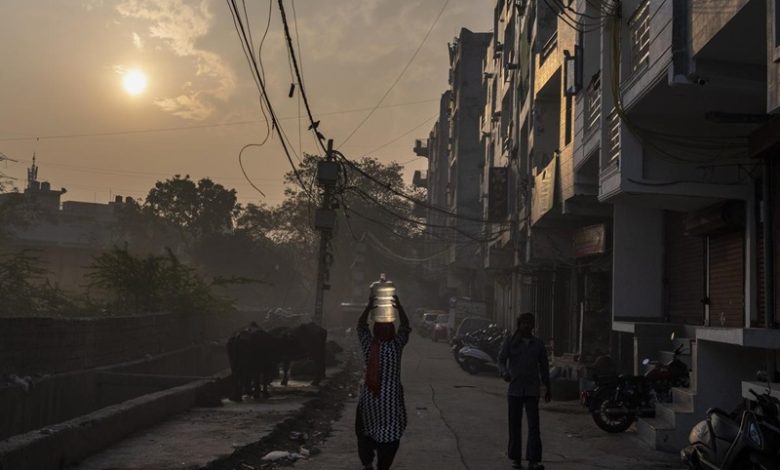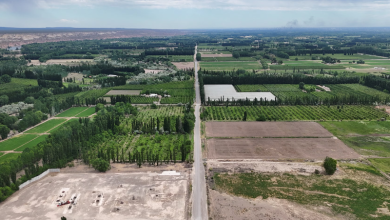India’s Elections demand c amidst escalating heat concerns

As India braces itself for the upcoming general elections, the specter of climate change looms expansive, posturing critical challenges to open security and well-being. The later catastrophe in Navi Mumbai, where 14 people capitulated to heatstroke amid an ill-advised open rally, serves as a piercing update of the critical requirement for climate mindfulness and activity in constituent talk.
Recognizing the Direness of Climate Mindfulness
The Navi Mumbai occurrence underscores the threats of complacency towards climate-related dangers, highlighting the need for increased mindfulness and proactive measures. In spite of the expanding recurrence and seriousness of climate-related fiascos, political talk in India regularly ignores these basic issues, sustaining a cycle of inaction that puts lives at chance.
Democratizing Climate Data through Imaginative Activities
In reaction to the critical requirement for climate mindfulness, the Indian Meteorological Department has propelled the Panchayat Mausam Seva activity, pointing at giving localized climate information at the grassroots level. By engaging communities with opportune climate figures and data, this activity empowers people to form educated choices and actualize preventive measures, especially amid open occasions and election campaigns.
Political Inaction and Disregard of Climate Issues
In spite of the developing direness of climate change, political manifestos in India proceed to allocate negligible consideration to climate issues. Both major parties, the Congress and the Bharatiya Janata Party (BJP), have truly dismissed climate concerns in their manifestos, reflecting a broader slant of electoral silence on climate change.
Amid the 2019 elections, the Congress’ declaration gave a little division of its substance to climate change, whereas the BJP’s pronouncement also needed substantive commitments to address climate-related challenges. This neglect for climate issues undermines India’s capacity to handle the looming climate emergency but moreover reflects a need of political will to prioritize natural supportability.
Tending to the Approaching Warm Emergency
India’s helplessness to heatwaves and rising temperatures has ended up progressively clear in recent years. Agreeing to the World Meteorological Organisation, 2024 is anticipated to be indeed hotter than the past year, with temperatures surpassing survivability limits in numerous locales. The persistent burning of fossil fuels has contributed to record-breaking temperatures, compounding the warm emergency and postulating significant risks to public health and security.
In spite of these disturbing projections, India remains ill-prepared to go up against the approaching warm emergency. Existing warm activity plans have been criticized for their insufficiency and need of execution, taking off millions of helpless people at the risk of heat-related illnesses and fatalities. Pressing measures are required to fortify India’s flexibility to heatwaves, counting the advancement of vigorous warm activity plans, ventures in climate-resilient framework, and public mindfulness campaigns to teach communities around the perils of extraordinary warmth.
As India plans for the upcoming general elections, the basics of climate activity cannot be exaggerated. The appalling occasions in Navi Mumbai serve as a calming update of the pressing need for climate mindfulness and readiness within the comfort of rising temperatures and climate-related dangers. Political pioneers must prioritize climate issues in their constituent plans and commit to actualizing concrete measures to address the approaching warm emergency. Through concerted activity and collective duty, India can be trusted to construct a sustainable future for its citizens in the midst of the challenges of climate change.



